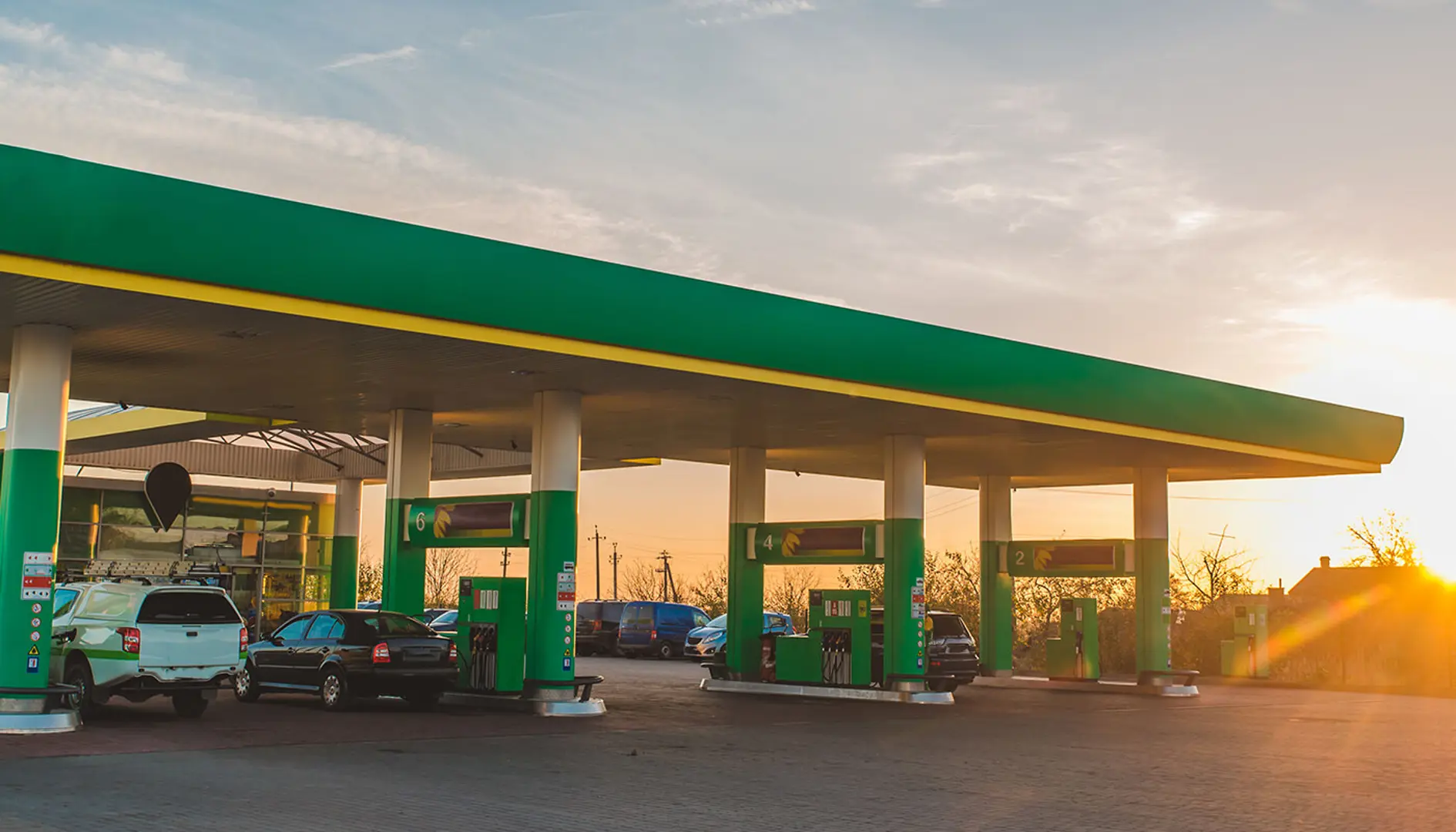
When it comes to fuelling your business, there are plenty of decisions to make. Do you leave it up to your drivers? Where has the best fuel and rates? Which fuel card is right for your company? One of the most debated topics is whether supermarket fuel is of lower quality than branded options.
This myth has hung around for years, leading some drivers and businesses to avoid supermarket fuel altogether. But how much truth is there to it? Spoiler alert: not much. Let us give you the full picture by exploring myths, focusing on facts and explaining why supermarket fuel is a smart and reliable choice.
Addressing the myths
A common belief is that supermarket fuel is “watered down” or lacks the quality of fuel from branded forecourts. Some even suggest it doesn’t perform as well, potentially harming engines or reducing efficiency. These concerns can make business owners and fleet managers wary about using it, fearing it could impact their vehicles or lead to higher maintenance costs.
Another assumption is that supermarket fuel is cheaper because it somehow “cuts corners” to save money – whether by reducing additives or skimping on quality checks. This myth has gained traction but it’s important to separate perception from reality…
Presenting the facts
Setting the standard
Supermarket fuel in the UK has to meet strict industry guidelines, just like any branded fuel. Every litre sold at supermarket forecourts is subject to the same British Standards to make sure it’s consistent and high-quality. These regulations govern everything from what the fuel is made up of to safety and performance. So there’s no question that supermarket fuel stands up to its branded counterparts.
Watering down the lies
The idea that supermarket fuel is “watered down” is entirely false. Water would cause serious damage to engines and any forecourt found selling fuel in this way would quickly lose its licence. Remember, both supermarket and branded fuels undergo the same rigorous testing to guarantee their quality.
It’s all in the additives
One possible difference between supermarket and branded fuel is additives. Branded fuels may contain elements designed to improve engine performance or efficiency. These enhancements are marketed as a premium feature, often demanding a premium price tag. However, they aren’t a necessity for standard vehicles. For most drivers and businesses, supermarket fuel delivers everything they need for excellent performance – typically at a more affordable price.
How businesses benefit from supermarket fuel
Supermarket fuel is a great option for many companies. That’s why our fuel cards fuelGenie and fuelGenie+ both use the network of these low-cost forecourts, all over the country. Our customers love the way it gives them a cost-effective and convenient option, whether they have two drivers or twenty.
Cost savings
Supermarket fuel is typically cheaper than branded alternatives. That means it gives businesses a simple way to cut operating costs without compromising quality. For fleets that refuel regularly, these savings can quickly add up, giving you more room in your budget for other priorities.
Widespread availability
Supermarkets have forecourts across the UK, making them easily accessible no matter where your drivers are based or traveling. This accessibility saves time drivers time when it comes to finding a nearby location, making filling up easy and efficient for your team. Plus with our fuel cards, drivers can use our handy fuel station finder and price-checker to plan before they travel or find stops on-the-go.
Reliable performance
Now we know supermarket fuel meets the high UK standards, you can trust it to deliver consistent performance for your vehicles. Whether your fleet is made up of cars, vans or larger vehicles, you can rest assured that supermarket fuel will keep them running smoothly.
Loyalty rewards
Who doesn’t love an added bonus? A great incentive for your drivers to fill up at supermarket petrol stations is the chance to earn loyalty rewards. With fuelGenie, they can scan their Clubcard, Morrisons More or Nectar card at Tesco, Morrisons and Sainsbury’s. Clocking up rewards might mean money off their groceries, savings on clothing or electronics and even discounted travel.
The takeaway: combining quality and value
The myths surrounding supermarket fuel quality don’t stand up to scrutiny. Supermarket fuel meets strict UK standards, offers reliable performance and can mean savings for businesses. When paired with the fuelGenie card, it becomes an even smarter choice thanks to the useful admin tools, easy HMRCapproved invoicing, competitive payment terms and more. So next time you hear someone questioning the quality of supermarket fuel, you’ll be armed with the facts. Not only does it ‘cut the mustard’, but it’s also a savvy solution for businesses looking to make the most of their fuel budget without compromise.
Ready to fuel your business more efficiently?
If you’re not already a fuelGenie customer, find out how it can help you save at the pump while keeping your business on the move. We have a host of articles to give you advice on topics like how fuel cards work, the tax implications and using technology to help your business. You can also apply online for our free fuelGenie card or try fuelGenie+ with a few added extras for just 50p a month per card.


